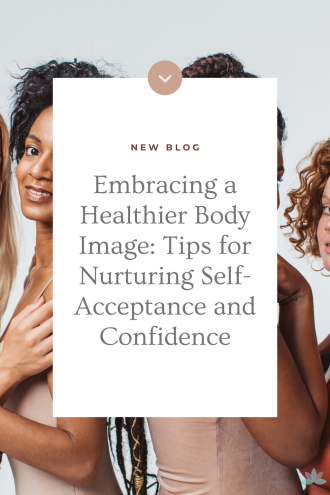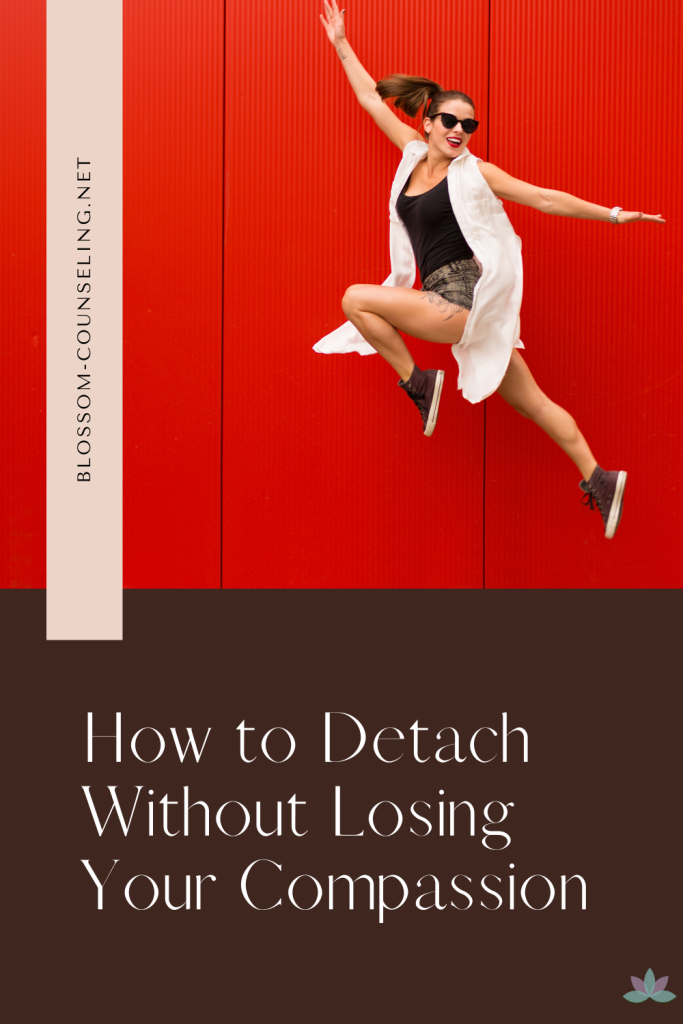
In today’s world, where social media often paints an unrealistically perfect picture of life, developing and maintaining a healthy body image can feel like navigating a minefield. Despite the pressures, it’s possible to foster a sense of self-acceptance and genuinely appreciate your body. Here’s how you can start to see yourself in a new light.
Understanding Body Image
Body image is how you perceive, think, and feel about your body. This perception can significantly impact your mental health, affecting everything from your self-esteem to daily interactions. Importantly, body image is not just influenced by how you appear but also by societal standards, cultural background, and media consumption.
Challenge Unrealistic Standards
One of the first steps toward a healthier body image is recognizing and challenging the unrealistic standards set by the media and society. These ideals are not only unattainable for most people but are also constantly changing. What’s deemed ‘perfect’ today might not hold the same status tomorrow. Acknowledging this can reduce the pressure to conform and help you focus on what genuinely makes you feel good.
Celebrate Functionality Over Appearance
Shift your focus from how your body looks to what it can do. Celebrate the senses, movements, and experiences your body allows you to enjoy. Whether it’s the rush of endorphins after a brisk walk or the ability to hug your loved ones, appreciating these functionalities can foster gratitude and a positive body image.
Cultivate Mindful Awareness
Practicing mindfulness can help you tune into your body’s needs and sensations without judgment. Mindful eating, for example, involves paying attention to the taste, texture, and satisfaction food provides, which can promote a healthier relationship with food and body image. Similarly, mindful movement encourages you to enjoy physical activity without focusing solely on calorie burning or weight loss.
Surround Yourself with Positivity
The people you surround yourself with can influence your perception of your body. Engage with friends and communities that uplift you and affirm that beauty is diverse and subjective. Reducing exposure to social media accounts or advertisements that make you feel inadequate can also be a powerful step toward better mental health.
Speak Kindly to Yourself
The language you use with yourself matters. Reframing negative thoughts about your body with positive, compassionate dialogue can shift how you feel about yourself. For instance, instead of critiquing parts of your body, you might thank them for their strength and resilience. This self-talk nurtures a supportive inner environment critical for a healthy body image.
Seek Professional Guidance
If negative body image is significantly impacting your life, consider seeking support from a mental health professional. Therapists can provide tools and strategies to challenge destructive thought patterns and behaviors, helping you build a more accepting and loving relationship with your body.
Adopting a healthier body image is a journey that involves unlearning deeply ingrained beliefs and redefining personal values around beauty and self-worth. By actively challenging societal norms, practicing gratitude for your body’s capabilities, and cultivating a supportive environment, both internally and externally, you can develop a more empowering and compassionate view of yourself. Remember, the goal is not to achieve perfection but to embrace and celebrate yourself as you are.
Our team of compassionate therapists is here to help you find the support you need. We believe in a holistic approach, treating your mind, body, and spirit. With a blend of traditional and alternative therapies, we tailor your experience to meet your unique needs. At Blossom, we create a non-judgmental space where you can be your authentic self. Our goal is to empower you, amplify your strengths, and help you create lasting change. Together, we’ll navigate life’s challenges and help you bloom, grow, blossom! You deserve to become the best version of you.




